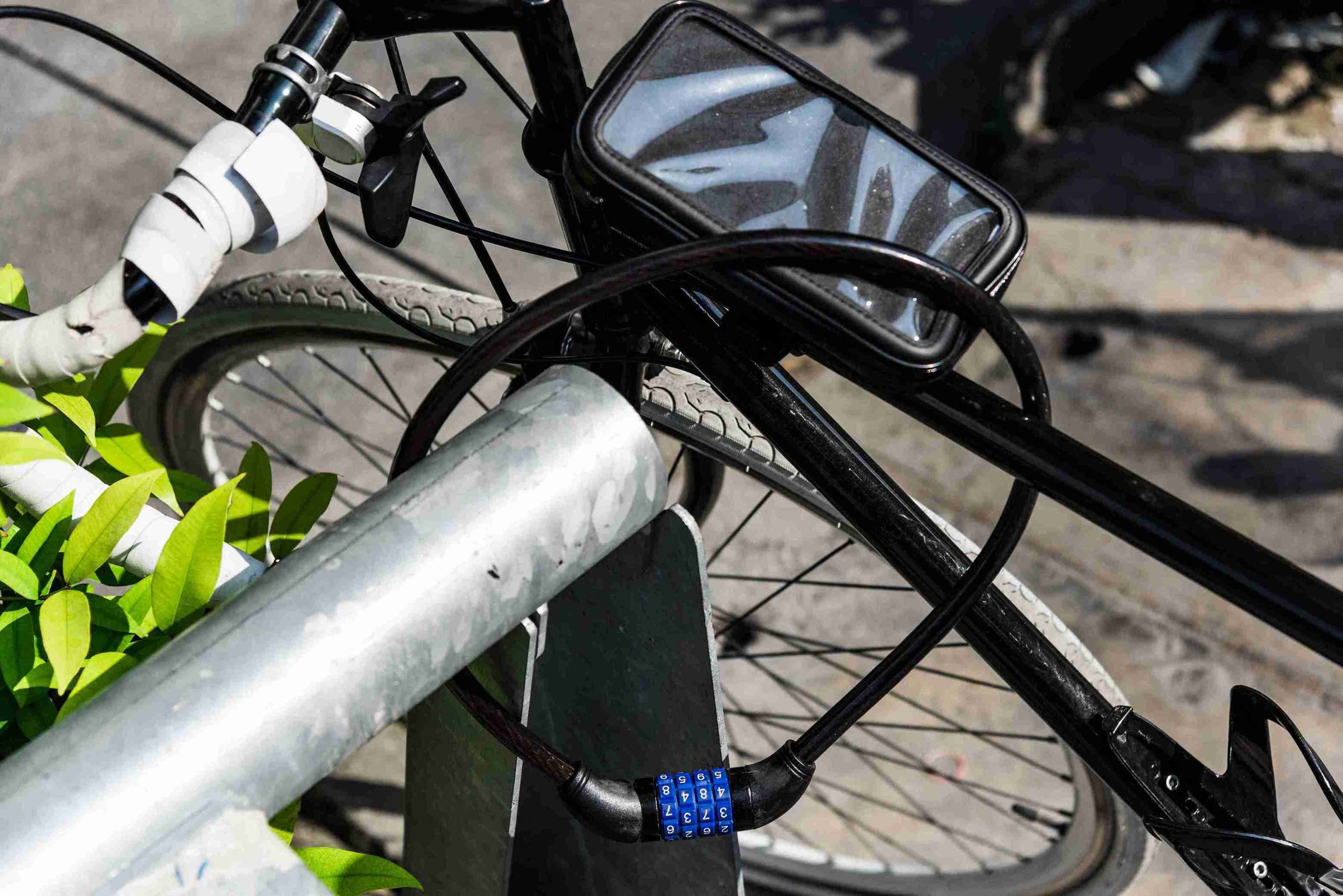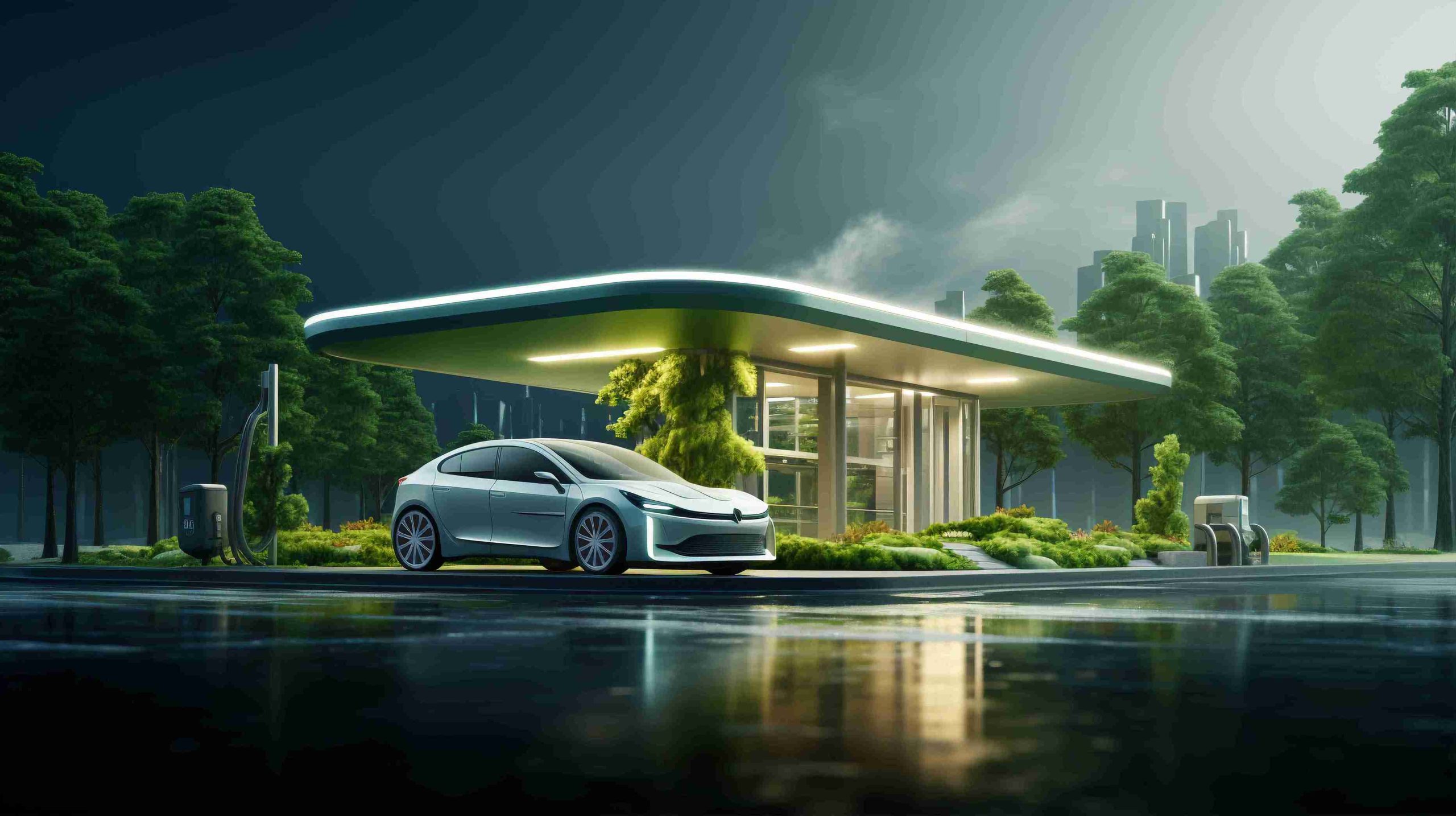Have you ever considered how small vehicles influence both convenience and branding? Golf carts are no longer limited to golf courses; they serve resorts, campuses, and urban mobility solutions. Meanwhile, branded vehicle suppliers elevate design, customization, and identity in commercial and personal transportation. Although these areas seem distinct, together they highlight the intersection of functionality, innovation, and brand presence in the evolving transportation industry.
Golf Carts: Beyond the Green
Originally designed for moving players and equipment around golf courses, golf carts have evolved into versatile vehicles used in various sectors. Modern golf carts are lightweight, energy-efficient, and designed for short-distance transportation, offering environmentally friendly alternatives to traditional vehicles in restricted or controlled areas.
Electric golf carts have become particularly popular due to their low emissions, quiet operation, and cost-effectiveness. Battery advancements have increased range and reduced charging time, making them suitable for resorts, airports, campuses, and gated communities. Some models even incorporate solar panels for extended sustainability.
Customization options allow operators to adapt carts for specific needs. Whether fitted with seating configurations for tourists, cargo areas for maintenance staff, or specialized designs for hospitality services, golf carts now combine practicality with comfort. Their evolution reflects a broader trend in personal mobility toward lightweight, low-impact vehicles that serve both functional and experiential purposes.
Branded Vehicle Suppliers: Identity Through Customization
Branded vehicle suppliers specialize in designing and delivering vehicles that reinforce brand identity and corporate presence. These suppliers provide solutions ranging from logo placement and color schemes to fully customized interiors and exteriors. Their services are vital for businesses that use vehicles as marketing tools, mobile offices, or enhanced client experiences.
Customization can extend beyond aesthetics. Suppliers often offer functional modifications, including enhanced storage, climate control, or safety features tailored to specific operational needs. Digital integration, such as GPS, monitoring systems, and infotainment, is increasingly common, allowing businesses to combine branding with operational efficiency.
The emphasis on personalization ensures that vehicles convey the company’s values and identity while meeting practical requirements. Branded vehicle suppliers thus bridge the gap between engineering, marketing, and customer experience.
Golf Carts and Branded Vehicles: The Convergence
Although golf carts and branded vehicles occupy different spaces, their convergence is apparent in modern mobility solutions. Businesses increasingly use golf carts as branded transport within resorts, campuses, and urban settings. Custom paint, logos, and accessory upgrades transform a standard utility vehicle into a marketing tool that enhances visibility and reinforces brand identity.
This convergence highlights the role of design and functionality working together. Golf carts provide the practical mobility solution, while branded supplier interventions create aesthetic and experiential value. The combined result is a vehicle that is both operationally efficient and visually distinctive, appealing to employees, customers, and visitors alike.

Growth and Trends in Golf Carts and Branded Vehicle Suppliers:
The global golf cart market is experiencing significant growth, driven by increasing demand across various sectors. In 2024, the market was valued at approximately USD 2.6 billion, with projections indicating a compound annual growth rate (CAGR) of 8% from 2025 to 2034.. This growth is fueled by factors such as:
- Urbanization and Smart City Development: Golf carts are increasingly used in gated communities, resorts, and campuses for short-distance transportation, aligning with the trend towards sustainable urban mobility.
- Rising Interest in Golf and Leisure Activities: The popularity of golf as a recreational activity continues to drive demand for golf carts on courses and related facilities.
- Technological Advancements: Innovations in electric propulsion and battery technology are enhancing the efficiency and appeal of golf carts.
Branded Vehicle Supplier Market:
The market for branded vehicles, encompassing customized transportation solutions for businesses, is also on an upward trajectory. While specific figures for the branded vehicle supplier market are limited, the broader automotive supplier industry provides context.
In 2023, the global automotive suppliers market was valued at approximately USD 0.9 trillion, with expectations to exceed USD 1.34 trillion by 2033, growing at a CAGR of 4.06%. This growth reflects:
- Increased Demand for Customization: Businesses are seeking tailored vehicles that align with their brand identity and operational needs.
- Integration of Advanced Technologies: The incorporation of features like GPS, digital displays, and connectivity is enhancing the functionality and appeal of branded vehicles.
- Focus on Sustainability: There is a growing emphasis on eco-friendly materials and energy-efficient designs in vehicle customization.
These trends indicate a robust market for both golf carts and branded vehicle suppliers, driven by technological advancements, customization demands, and a shift towards sustainable mobility solutions.
Technical and Functional Considerations:
From a technical perspective, golf carts require careful design to balance performance, safety, and durability. Battery management systems, suspension, braking, and weight distribution are crucial for reliable operation. Suppliers must also account for climate and terrain, customizing vehicles for specific environments such as sandy resorts, hilly campuses, or urban pathways.
Branded vehicle suppliers must coordinate with manufacturers to implement aesthetic and functional modifications without compromising performance. High-quality materials, UV-resistant paints, and corrosion-resistant coatings are essential for durability, particularly for vehicles exposed to outdoor environments. Digital monitoring systems further enhance operational efficiency by tracking usage, maintenance needs, and battery performance.
The integration of technology, customization, and functionality ensures that both golf carts and branded vehicles meet modern demands for reliability, sustainability, and aesthetic appeal.
Future Trends in Mobility and Branding:
Looking ahead, golf carts and branded vehicles will continue evolving with technology and consumer expectations. Autonomous or semi-autonomous golf carts are being tested in resorts and campuses, providing increased convenience and safety. Energy-efficient propulsion systems, including hybrid and solar-powered models, will become more widespread, enhancing sustainability.
Branded vehicles will increasingly incorporate smart features for both operational efficiency and marketing effectiveness. Integration with IoT platforms will allow fleet managers to monitor usage, optimize routes, and gather data for brand engagement. Customization will extend into interactive elements such as digital displays, personalized audio, or mobile connectivity, creating immersive experiences for passengers.
The combination of mobility innovation and brand identity will reinforce the importance of these vehicles in modern urban, corporate, and hospitality settings.
Conclusion:
Golf carts and branded vehicle suppliers demonstrate how utility and identity converge in modern mobility. Golf carts offer flexible, sustainable, and practical transport solutions, while branded suppliers transform vehicles into extensions of corporate identity and marketing. Together, they illustrate the fusion of engineering, functionality, and aesthetics that defines today’s transportation landscape.




